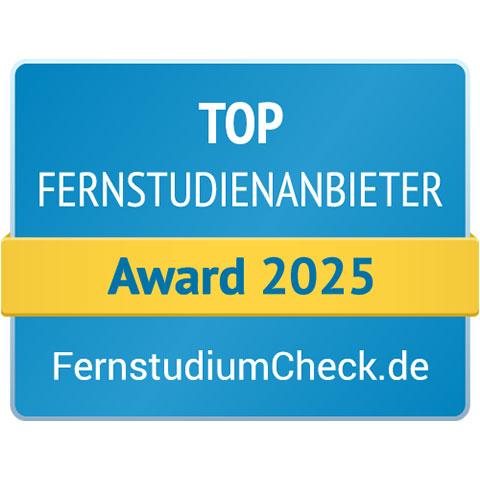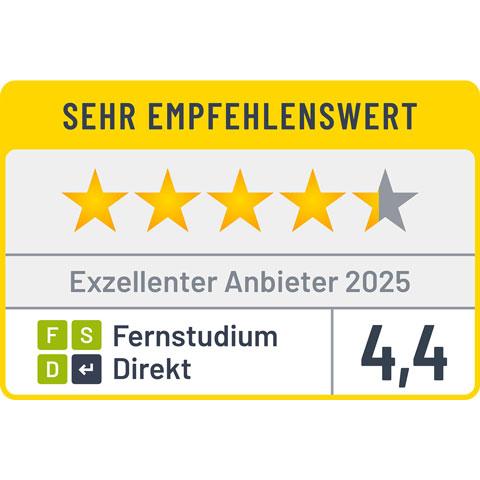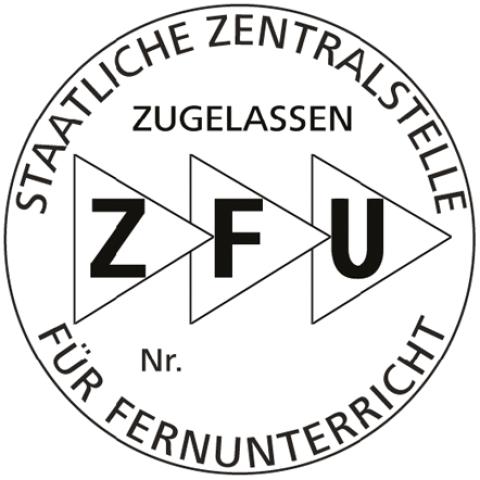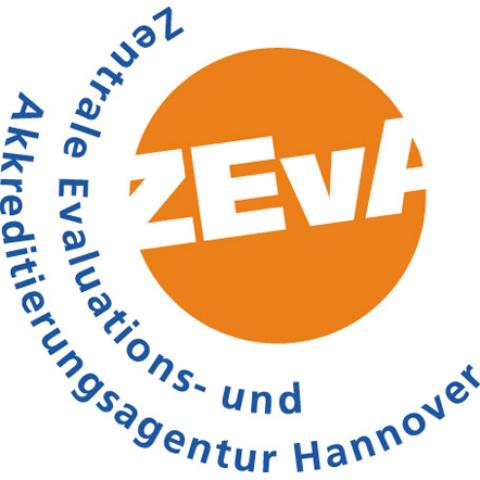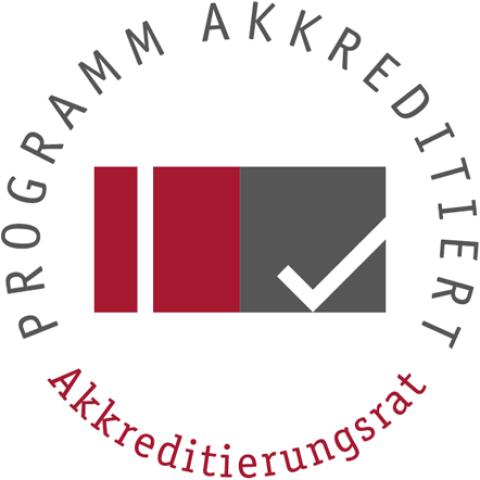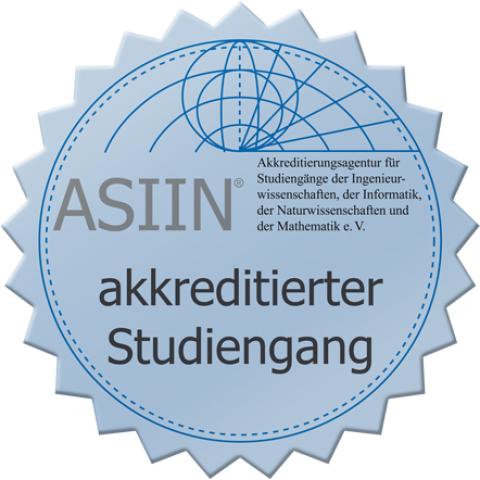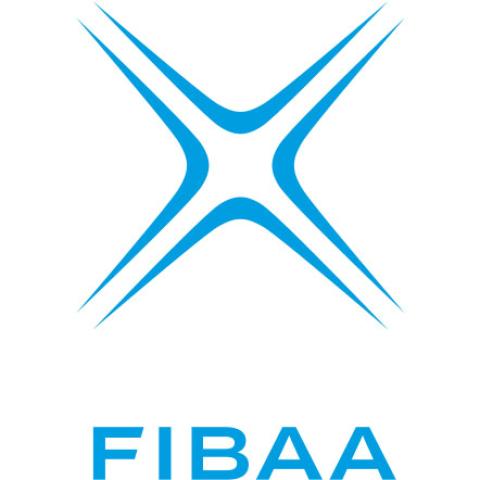Transform cities with sustainable mobility innovations
Our New Mobility – Micromobility programme is designed for future engineers focused on sustainable mobility solutions. Micromobility regards all types of mobility, from walking to vehicles smaller than the classical car. The curriculum includes topics such as electrified vehicles, energy storage systems and lightweight constructions. You’ll also develop skills in management, circular economy, digitalisation, ethics and infrastructure—preparing you to manage projects from concept to product.
The New Mobility – Micromobility programme is ideal for students with a background in (Industrial) Engineering or related technical fields who are passionate about green transportation.
Degree
Master of Science 120 ECTS
Length of study
4 semesters (2 years)
Study location
Stade (near Hamburg)
Start dates
April 1st (except 2026)
October 1st
Entry requirement
Completed university degree in (Industrial) Engineering, a technical-scientific area or a closely related subject
Tuition fees
€890 per month plus €34.80 external fees
€500 admin fee (one-off), waived for EU citizens
€500 enrolment fee (one-off)
€1,000 examination fee (one-off)
Study content
The curriculum of this course of studies is designed to equip you with the necessary knowledge and skills currently in demand in the industry. It means that we do not only teach the technological skills and knowledge in engineering, but also cover areas such as business, management, digitalisation as well as legal and ethical issues in engineering.
As we are commited to support you with coming to terms with any challenges you may face in the future, our curriculum includes courses in circular economy, digital transformation and change management. Furthermore, we will provide instruction in soft skills to prepare you for both the German and international labour markets. This comprehensive package equips you with the abilities to lead and manage projects and processes requiring engineering expertise, and bridge the gap between business and engineering.

Module 1: Consolidation of Mathematics and Technical Mechanics
Students develop a deeper understanding of engineering concepts, enabling them to understand complex relationships, analyse theoretical and practical problems and assess the quality of calculation results. Furthermore, the students are enabled to communicate and discuss complex issues in an understandable form within a team of employees.
Module 2: Advanced Project Management
Students explore agile methods and their application in manufacturing, preparing for digitalisation and business process restructuring. They learn to differentiate between classic and agile project management, define roles, plan complex projects and integrate agile processes into company structures. Practical experience and teamwork skills are strengthened through group discussions and independent projects.
Module 3: Big Data
Student will dive into the topic of machine learning. They will focus on concepts, methods and models such as cluster analysis, decision trees and neural networks to address questions arising from large data sets. Students learn to evaluate and apply these techniques, understand their limitations, and gain skills in OLAP and data mining to assess business intelligence architectures and implement analysis processes.
Module 4: Innovation and Digital Transformation
This course teaches students how digital transformation drives market shifts and the need for companies to adapt and align business models with the digital developments. By the end, students can evaluate existing models and develop sustainable, complex digital strategies.
Module 5: Legal and Ethical Issues in Engineering
This module trains engineers to integrate ethical considerations when protecting ideas or technologies. Through case studies and research, students learn to identify and critically assess intellectual, social and ethical issues in engineering, enhancing their ability to analyse challenges, coordinate discussions and think critically.
Module 6: Sustainable Development / Circular Economy
This module emphasises the growing significance of sustainability in products and systems. Through lectures and best practice presentations, students connect theory with practice, learn to assess green engineering principles and develop effective sustainability solutions. This training enhances their skills in tackling complex issues and fostering environmental responsibility.
Module 7: Sensor Technology and Application
In this module, students learn to digitise analogue time signals, analyse them in the frequency domain and implement digital adaptive controllers. They apply adaptive algorithms for system identification, noise suppression and disturbance control. Additionally, students explore sensor technology, focusing on measurement systems used in quality control within manufacturing.
Module 8: Advanced Materials and Technologies
In this module, students learn about the latest 3D printing technologies. They explore how to decide which technology works best for different shapes and objects and learn how to choose the right method for each project. They master material characterisation, quality issue resolution and both additive and subtractive manufacturing methods. They also master slicing methods for product models and designing strategies for composite component production.
Module 9: Information Technology and Cyber Security
Students learn the importance of data protection and security, including legal foundations, risks, and standards. They can design and implement IT security systems, improve communication in automation and apply their knowledge to create and manage intelligent models for simulations in virtual and augmented reality.
Module 10: Digital Technologies
This module provides in-depth knowledge of the Industrial Internet of Things (IIoT), simulation and virtual reality, enabling students to tackle tasks at the intersection of engineering, data processing and sustainability. Students learn to design and develop IIoT components, apply simulation and virtual reality methods and create and optimise models for industrial processes, enhancing human-machine communication and technology engagement.
Module 11: Management Accounting
In this module, students learn how to plan, manage and adapt business processes and strategies in response to changes in the environment, with a focus on maintaining financial stability and maximising profits. They also develop expertise in strategic and operational controlling, risk management and making financial decisions under uncertainty, applying these skills through business management simulations.
Module 12: Change Management and Leadership
This module prepares students for leadership in global businesses by addressing strategic and operational challenges in a global environment. Through discussions and practical exercises, students build cultural awareness, explore diverse leadership styles and learn to implement effective, sustainable strategies.
Module 13: Quality Assurance and Quality Control
Students learn to assess quality management systems and non-destructive testing methods, apply these procedures in small groups and evaluate the results. They are trained to make responsible decisions on quality-relevant methods, critically analyse conventional and novel approaches and develop improved solutions.
Module 14: Mobility Concepts and Technologies
In this module, students explore vehicle types and design concepts, with a focus on short-range mobility and drivetrain configurations. They study electric and hydrogen drives, energy storage systems and their performance. This knowledge enables students to transition from conceptual design to creating physical vehicles, including selecting suitable energy storage solutions.
Module 15: Infrastructure in Transport and Mobility
In this module, students explore urban mobility concepts with a focus on cycling and the integration of individual transport methods into multimodal systems. They study existing "bicycle cities" and learn about the infrastructure needed for electric and hydrogen mobility, including charging systems, battery exchange, and grid connections.
Module 16: Design for Mobilty
In this module, students study virtual engineering, focusing on virtual product development (VPE) and product lifecycle management. They learn to manage time, cost and product variants, conceptualise and model complex systems, validate products and apply AI methods in this field. The module also covers lightweight design principles, including materials, structures and cost considerations for modern mobility concepts.
Module 17: Project / Practice Module
In this module, students will apply the knowledge gained throughout their studies to practical projects, preparing them for the labour market. They will form interdisciplinary teams, working as independent members to tackle real-world problems. This will test their problem-solving skills, teamwork, project management skills and ability to apply theory to practice.
Module 18: Master´s Thesis
Master's Thesis and Disputation
Am I eligible for the New Mobility - Micromobility Master's degree programme?
Admission requirements
- A Bachelor’s degree in (Industrial-) Engineering, in the field of science and technology or another related subject.
Language requirements
- English proficiency at a minimum level of B2 (CEFR), to be certified with:
- English language certificate: TOEFL iBT score 87, IELTS score 6.5, Duolingo score 120, LanguageCert Academic score 70 or equivalent.
- Alternatively, a document stating that the medium of instruction for your Bachelor's course was English.
Career Opportunities
You are the one in control of your career. We support and encourage your development in any direction you choose to pursue. Careers in this field can range from highly technical roles to managerial positions. You can choose to concentrate on the practical applications of engineering knowledge or develop skills in engineering management and structural development.
Jobs in New Mobility encompass the development of mobility solutions, along with strategic planning and decision-making. Below are some job descriptions to illustrate the range of career opportunities available to you.
-
Production Management
As a project manager in the New Mobility and Modern Drive Concepts department, you will be responsible for the technical management of development projects. Your tasks will therefore include independent control within a specified time and budget framework, leadership and coordination of interdisciplinary project teams, participation in project and resource planning, identification of deviations from goals and conflicts as well as the development of appropriate solutions.
-
Test Engineer
With your Master's degree in New Mobility and Modern Drive Concepts, as a test engineer, you will take on the planning, coordination and implementation of automated and manual component tests, the implementation of system tests, error simulations and analyses on test vehicles including approval recommendations, coordination with the responsible developers and coordination of all entities involved in the test process as well as ensuring the function and maintenance of the test benches. In addition, they document the results, report and evaluate malfunctions and analyse the errors.
-
Strategic Planning
Strategic planning responsibilities fundamentally involve shaping a company's basic business strategy, developing strategic plans and evaluating company performance as well as conducting research and data analysis to help make business decisions. With a Master's degree in Digitalization and Automation, you can specialise in the areas of manufacturing. You plan machines, materials, personnel and deadlines in such a way that all orders can be processed smoothly.

Studying in Stade
Our Hanseatic campus is located in the middle of CFK Valley Stade. In addition to modern workshops, laboratories and seminar rooms, the university has its own canteen and invites you to linger in the greenery around the campus building in good weather.

Job Guarantee
Since there are plenty of job openings in the German job market, we are confident our students will find jobs quickly after they finish studying. That's why we're offering a 20% refund on full tuition fees if they don't land a job within 9 months of graduating.
To be eligible for the refund, the student must have:
- successfully completed their studies within the regular study period,
- shown proof of a B2 level German language proficiency in form of a certificate,
- defended their Master’s thesis in German,
- achieved a minimum thesis grade of 2.5.
Receive more information

Experts at PFH

Prof. Dr.-Ing. Heinrich Fehren made a significant development contribution to the ATC system for suppressing torsional vibration in convertibles, and was awarded the District of Göttingen's innovation prize in 2007. Since December 2007, he has been Professor of Adaptronics at the PFH Private University of Applied Sciences.

Marc Siebert founded SPIN Siebert & Schörner GbR for the development of ultra-light bicycle frames and components made from fibre-reinforced plastics. He has been a professor at PFH since 2008 and was appointed Vice President for Technology at PFH in June 2025.

Nikolay Avgustinov, born in 1960, began his scientific career studying mechanical engineering at Sofia Technical University. He graduated as an engineer in 1985 and was subsequently employed as a research assistant at Sofia Technical University.

After completing his doctorate, Richard Degenhardt worked as a structural engineer. In addition to his professorship at PFH, he is currently working at the Institute for Composite Structures and Adaptive Systems at the DLR.
FAQ – the most frequently asked questions
At PFH University, you can apply at any time.
- Application form via our website
- Curriculum Vitae (CV)
- Letter of motivation
- School leaving certificate (University Entrance Certificate)
- Bachelor's degree certificate (or provisional certificate, if not yet awarded)
- Transcript of records for your Bachelor's degree
- Proof of English proficiency (minimum B2 level)
- English language certificate: TOEFL iBT score 86, IELTS score 6.5, LanguageCert Academic score 70, Duolingo or equivalent.
- Document stating that the medium of instruction of your Bachelor’s course was English.
- An employment reference is optional, though highly recommended
- Copy of passport
- Digital photo for your university card
- Chinese, Vietnamese, and Indian students must obtain an APS Certificate from the Academic Evaluation Center to complete the admission process.
Yes, you will need proof of advanced English language skills, e.g., Bachelor’s taught in English, TOEFL iBT score 86, IELTS score 6.5, LanguageCert Academic score 70, Duolingo or equivalent.
If you are a citizen of a country in the EU, EEA or Switzerland, you do not require a visa or other documentation to enter Germany and study here. However, once you arrive and find accommodation, you must register with the local residents’ registration office. If you come from a country other than the ones named above, you will require a visa. For more information specific to your home country, please visit the Federal Foreign Office website.
At PFH University, we offer international students three types of scholarships:
- STIBET-Programmes
- DAAD Prize
- Deutschland Stipendium/Germany Scholarship
For more information on each of the scholarships, click here.
During your studies, you are generally allowed to do 120 full days or 240 half-days of paid work and take small student jobs. In exceptional circumstances, your local foreigners office may impose further restrictions.
International students coming to Germany have two options when it comes to accommodation: student halls of residence and private accommodation. For more information, you can visit the Accommodation Finder from the Federal Ministry of Education and Research or contact our International Office.
When you compare Germany to other European countries, you’ll find that it’s not very expensive. The living costs are just slightly higher than the EU average, with rent being the largest expense. On average, students in Germany spend around 850 EUR per month (750 EUR in Göttingen for the management degree).


